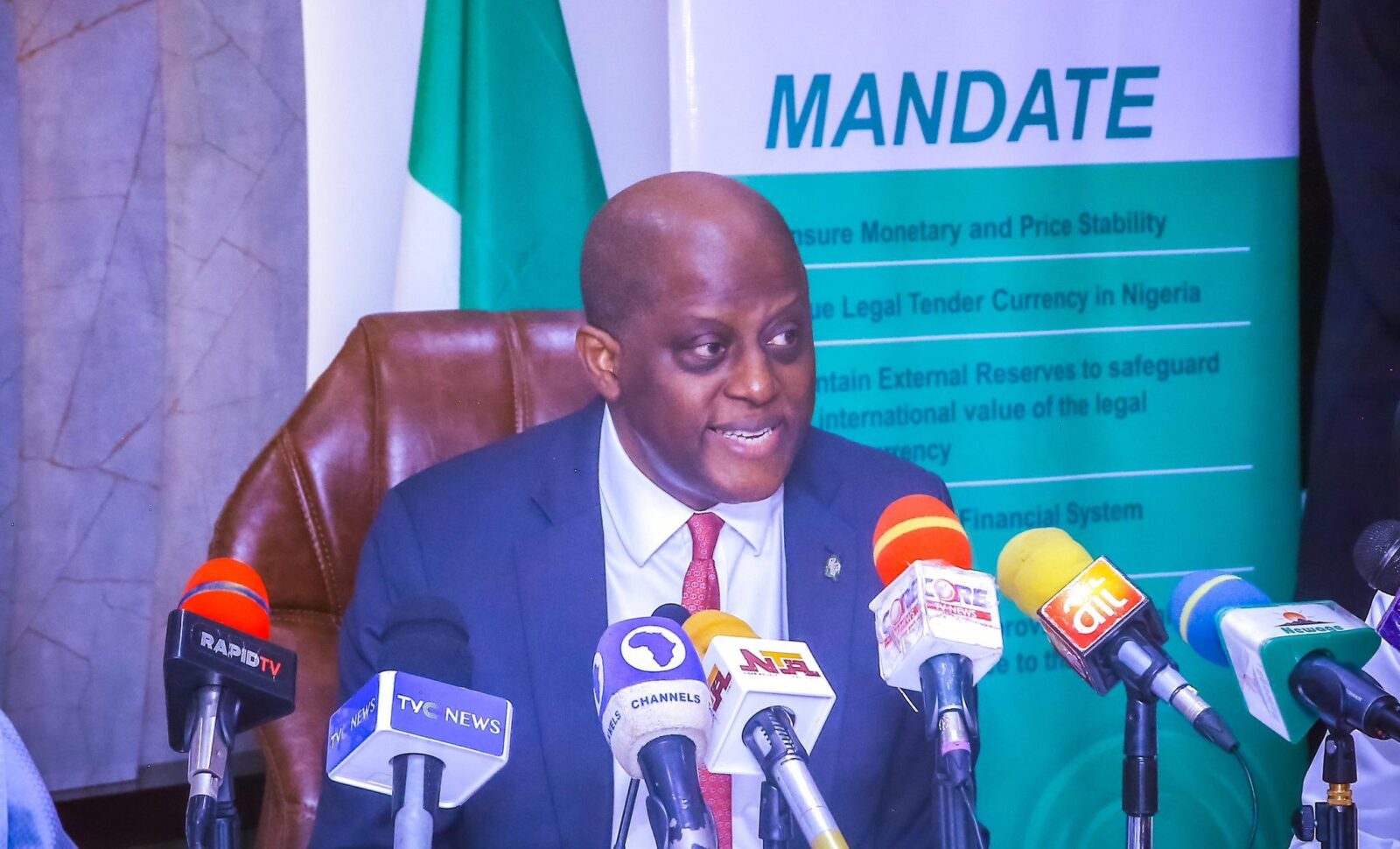Olayemi Cardoso, Governor of the Central Bank of Nigeria (CBN), has underscored the importance of maintaining higher interest rates as a crucial measure to address Nigeria’s persistent inflation challenges.
Statement from the MPC Meeting
Cardoso made these remarks in his statement included in the recent ‘Personal Statement’ released by members of the Monetary Policy Committee (MPC). The statement was issued following the MPC meeting held between May 20 and 21, 2024.
Addressing Inflationary Pressures
Cardoso highlighted that tighter monetary policy accompanied by higher interest rates was necessary to combat the high inflation rates affecting the Nigerian economy. He noted a recent deceleration in inflation but expressed concern over its year-on-year increase in April.
Factors Contributing to Inflation
The governor outlined several factors contributing to inflationary pressures, including potential wage increases, adjustments in electricity tariffs, higher fuel prices, insecurity affecting agricultural output, increased consumption during festive seasons, and the effects of exchange rate depreciation.
Justification for Higher Interest Rates
Ensuring Sustainable Inflation Control
Cardoso emphasized that maintaining higher interest rates was crucial as there was no evidence suggesting a sustainable downward trend in inflation rates. He pointed out significant risks from both global and domestic economic factors that could lead to further inflationary pressures if not addressed.
Attracting Foreign Portfolio Investments (FPIs)
He argued that tightening monetary policy would help sustain capital inflows into Nigeria’s economy and support the stability of the currency in the short term. Cardoso highlighted the importance of competitive interest rate differentials amid high rates in advanced economies, which pose challenges for emerging markets like Nigeria.
Utilizing Available Policy Tools
Acknowledging inflation as the primary challenge, Cardoso stressed that a tighter monetary stance with higher interest rates was the primary policy tool available to address inflation from a monetary perspective. He noted the necessity for simultaneous structural reforms by various stakeholders.
MPC Decision and Policy Adjustments
Following deliberations, the MPC voted to increase the Monetary Policy Rate (MPR) by 150 basis points from 24.75% to 26.25%. Additionally, the committee retained the Cash Reserve Ratio (CRR) for Deposit Money Banks (DMBs) at 45% and adjusted the Asymmetric corridor around the MPR to +100 and -300 basis points. The liquidity ratio for banks was set at 30%.
Conclusion
Cardoso’s advocacy for higher interest rates reflects a strategic approach to combat inflation and ensure economic stability in Nigeria. The decision by the MPC underscores the ongoing efforts to manage inflationary pressures while addressing broader economic challenges facing the country.



















Leave a Reply